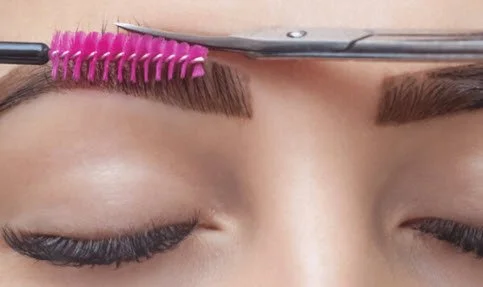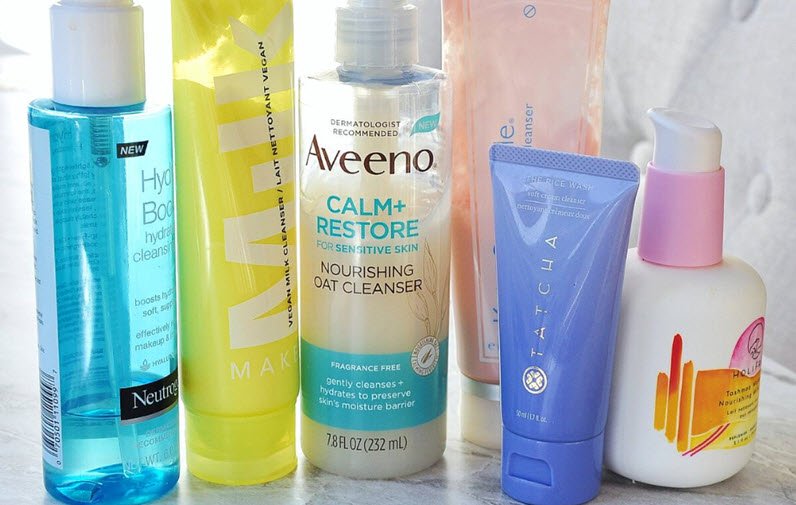Why Facial Serums Are the Secret Weapon in Your Skincare Routine
Why Facial Serums Deserve a Spot in Your Ritual if your skincare routine already includes cleansing, moisturizing, and sunscreen, you might wonder—do I really need a serum, too? The answer depends on your goals. If you're seeking brighter skin, better hydration, or softer fine lines, facial serums might be just the focused care your skin's been craving.
In fact, board-certified dermatologist Dr. Tsippora Shainhouse calls serums “thin-viscosity topical products that contain concentrated amounts of active ingredients.” Translation? They're designed to go deep and work hard where your skin needs it most.
🌿 Meet the Serum Types: What Works for You?
Brightening Serums: Ingredients like Vitamin C and Niacinamide are the stars here. They help fade dark spots and even out skin tone. According to the American Academy of Dermatology, Vitamin C also “helps protect skin from sun damage and other environmental stressors.”
Hydrating Serums: Hyaluronic acid reigns supreme in this category—it can hold up to 1,000 times its weight in water, plumping skin and reducing dryness. It’s a favorite among dermatologists for all skin types, especially during colder or drier months.
Anti-Aging Serums: Retinol and peptides are power players for softening wrinkles and improving elasticity. As dermatologist Dr. Melanie Palm notes, lighter serums are often more tolerable for people with acne-prone or oily skin.
💧 How to Apply a Serum Like a Pro:
To get the most out of your serum, timing and technique are key:
Start with freshly cleansed skin.
Apply toner (if using).
Drop 2–3 drops of serum onto clean fingertips.
Gently press (don’t rub!) into your skin.
Wait 30 seconds for water-based serums; 60 seconds for oil-based.
Lock in with a lightweight, hydrating moisturizer.
A helpful cue: if your skin feels tacky, give it more time to absorb. When it feels smooth, you’re ready for the next step.
🕊️ When & How Often to Use:
Consistency is more important than frequency. Most serums are designed to be used once or twice a day. Your morning serum might contain antioxidants like Vitamin C, while your nighttime serum could focus on repair—think retinol or peptides.
And yes, your skin does its best healing while you sleep. That’s why evening application is such a great habit to build.
📊 What the Research Says:
Still unsure if serums are worth the investment? A 12-week clinical study published in the Journal of Clinical and Aesthetic Dermatology showed that facial serum use resulted in:
27% reduction in fine lines
15% fewer wrinkles overall
47% smoother skin texture
42% boost in skin appearance and radiance
These aren’t just cosmetic claims—they’re measurable, visible improvements over time.
⚠️ A Few Cautions to Keep in Mind:
While serums are generally safe, they are highly concentrated. So:
Always patch test first, especially with acids or actives.
Don’t combine too many strong ingredients—retinol and exfoliating acids don’t always play nice.
Use sunscreen faithfully if using serums with Vitamin C, AHAs, or retinoids.
And trust your skin—if it feels irritated, scale back and consult a pro.
🧡 Final Thoughts:
Using a facial serum isn’t about perfection—it’s about intention. It’s an opportunity to pause, nourish, and listen to your skin. Whether you're targeting hydration, glow, or resilience, a well-chosen serum can elevate your beauty routine into a grounding ritual.
And if you're wondering where to begin, start by noticing your skin's patterns—dry in the morning? Dull by midday? Those are invitations for care. A few drops of the right serum may be the quiet support your skin needs to feel like itself again—refreshed, dewy, and loved.




















